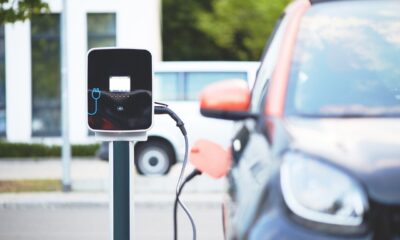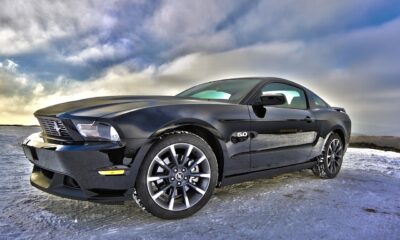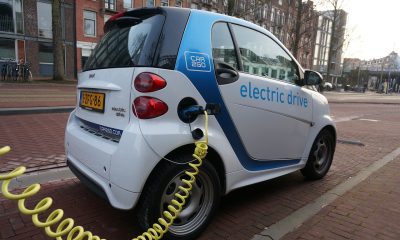Impact Investing
How the Lack of Government in Spain Leaves Electric Car Purchase Subsidies in Limbo
Apart from 100% electric cars, October’s registration figures show that 36.2% of all passenger cars and SUVs were gasoline-powered; 35.3% were non-plug-in hybrid (HEV); and 11.8% were diesel. Plug-in hybrids (PHEV) accounted for 6.4% of sales. The drop in diesel is 20.2% compared to October last year, with 9,224 units. Gasoline cars grew by 7.7% to 28,179 units.
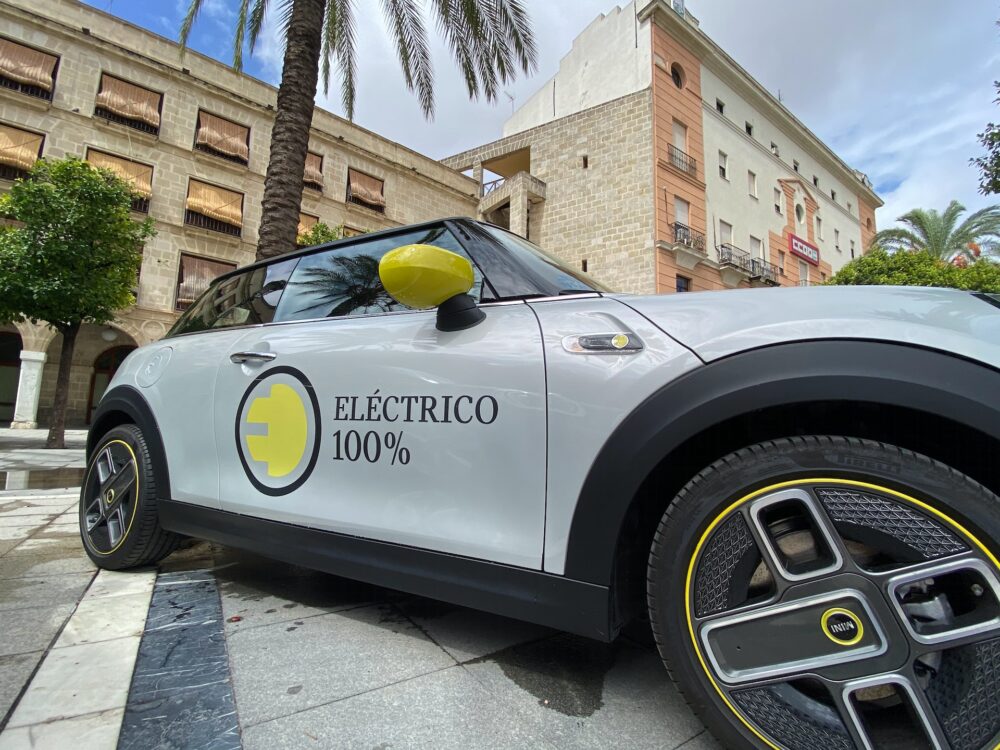
The lack of government keeps electric car subsidies in limbo. Manufacturers and distributors hope that the final stretch of the year will represent an upturn in sales due to the uncertainty surrounding the subsidies of up to €7,000, once the current plan expires at the end of the year.
“Between now and the end of the year there will be a good opportunity to acquire them, since Moves III expires on December 31st with no sign of renewal, so those families, companies, and individuals who want to change to an electric car have the opportunity now since they will be favored by the Moves III subsidies,” Raúl Morales, communications director of Faconauto, the dealers’ association, said a few days ago.
In the midst of the boom in low-cost models such as the Dacia Sandero or the MG ZS, sales of pure electric cars are also growing. Sales increased by 89.6% in October compared to the same month last year. In total, 6,177 units were registered, accounting for 6.48% of the market share in the month. Sales of these vehicles for the year as a whole total 48,813 units, 72.1% more than in the same period of the previous year. The market share is, however, only 5.21%.
Read more about the electric car market and find the most important financial news of the day with our companion app Born2Invest.
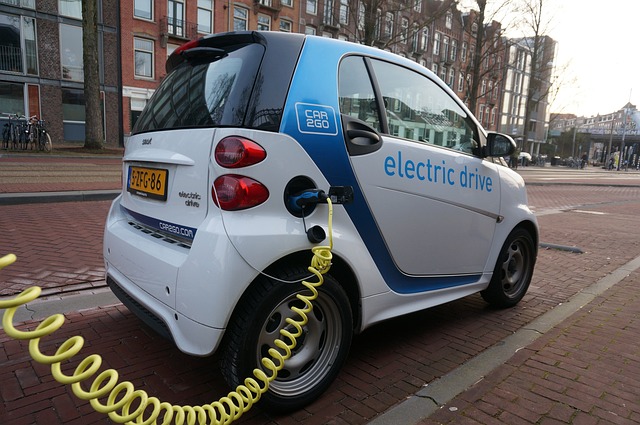
Electric car buyers may benefit from a double deduction in some Autonomous Communities
If the electric car purchase subsidies are not extended, this sales figure is at risk. For José López-Tafall, general director of the manufacturers’ association (Anfac), “it is critical to ensure the continuity of MOVES beyond December 31, and to take decisive action to improve its efficiency and for the discount to be applied directly at the time of purchase”. One of the main criticisms from across the industry focuses precisely on the bureaucratic burden and the time it takes for buyers to receive the aid.
So far, the possibility of drawing up a Moves IV plan to solve some of the cracks detected in the current plan has been put on the table. The intention is that the subsidies would be applied immediately at the time of purchase of an electric car. But the political stalemate that has existed up to now makes it very unlikely that there will be time to draw up the new plan and that it will come into force in time.
Nor does it seem that Moves III will be extended even if Junts, the formation of Carles Puigdemont, gives the definitive ‘yes’ for the investiture of Pedro Sánchez as President of the Government. What the whole sector is asking the next Executive is a real boost to the public access charging network.
Apart from 100% electric cars, October’s registration figures show that 36.2% of all passenger cars and SUVs were gasoline-powered; 35.3% were non-plug-in hybrid (HEV); and 11.8% were diesel. Plug-in hybrids (PHEV) accounted for 6.4% of sales. The drop in diesel is 20.2% compared to October last year, with 9,224 units. Gasoline cars grew by 7.7% to 28,179 units.
Despite the current economic context, passenger electric car sales rose by 18.1% last month, with a total of 77,892 units sold in October. The slowdown in the rise in inflation and the increase in interest rates, together with an improvement in car production, has favored sales. The sector assures that if sales continue at the same pace in the last two months of the year, 940,000 units could be reached. Up to October, the electric car market is still 17% below 2019. In 2022, barely 813,000 passenger cars were sold.
The big winner in October was the Dacia Sandero. The Romanian company’s model rose as the best-seller of the month, with 3,059 units, 80.4% more than last year. It thus surpasses the MG ZS, the Chinese car that had been the sales leader in our country for two consecutive months. In October, 2,421 units were registered, 129.3% more than last year.
For the year as a whole, the Sandero accumulated 22,714 units. It is followed by the Seat Arona, with 19,038 units up to October (+28.6%), and the Peugeot 2008, with 16,789 units (+30%). The MG ZS ranks sixth in the ranking, with 15,151 units sold.
__
(Featured image by John Cameron via Unsplash)
DISCLAIMER: This article was written by a third party contributor and does not reflect the opinion of Born2Invest, its management, staff or its associates. Please review our disclaimer for more information.
This article may include forward-looking statements. These forward-looking statements generally are identified by the words “believe,” “project,” “estimate,” “become,” “plan,” “will,” and similar expressions. These forward-looking statements involve known and unknown risks as well as uncertainties, including those discussed in the following cautionary statements and elsewhere in this article and on this site. Although the Company may believe that its expectations are based on reasonable assumptions, the actual results that the Company may achieve may differ materially from any forward-looking statements, which reflect the opinions of the management of the Company only as of the date hereof. Additionally, please make sure to read these important disclosures.
First published in EL INDEPENDIENTE. A third-party contributor translated and adapted the article from the original. In case of discrepancy, the original will prevail.
Although we made reasonable efforts to provide accurate translations, some parts may be incorrect. Born2Invest assumes no responsibility for errors, omissions or ambiguities in the translations provided on this website. Any person or entity relying on translated content does so at their own risk. Born2Invest is not responsible for losses caused by such reliance on the accuracy or reliability of translated information. If you wish to report an error or inaccuracy in the translation, we encourage you to contact us.

-

 Biotech6 days ago
Biotech6 days agoVytrus Biotech Marks Historic 2024 with Sustainability Milestones and 35% Revenue Growth
-

 Crowdfunding2 weeks ago
Crowdfunding2 weeks agoColombia Approves Terrenta’s Crowdfunding Platform for Real Estate Financing
-

 Crypto16 hours ago
Crypto16 hours agoRipple Launches EVM Sidechain to Boost XRP in DeFi
-

 Africa1 week ago
Africa1 week agoCôte d’Ivoire Unveils Ambitious Plan to Triple Oil Output and Double Gas Production by 2030


